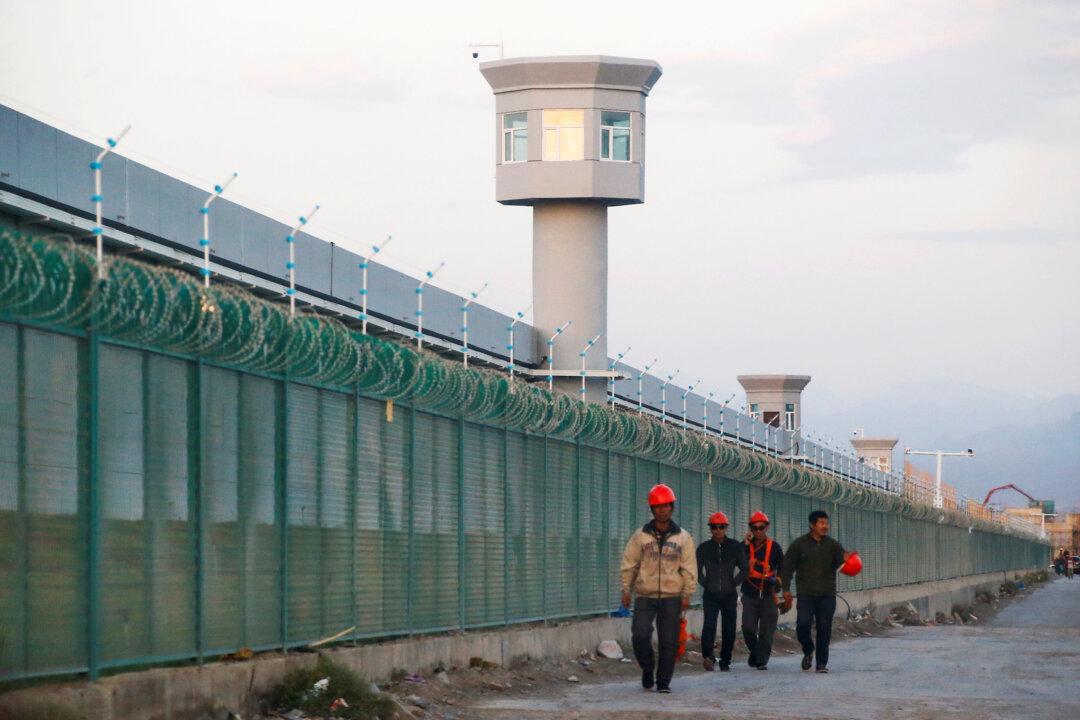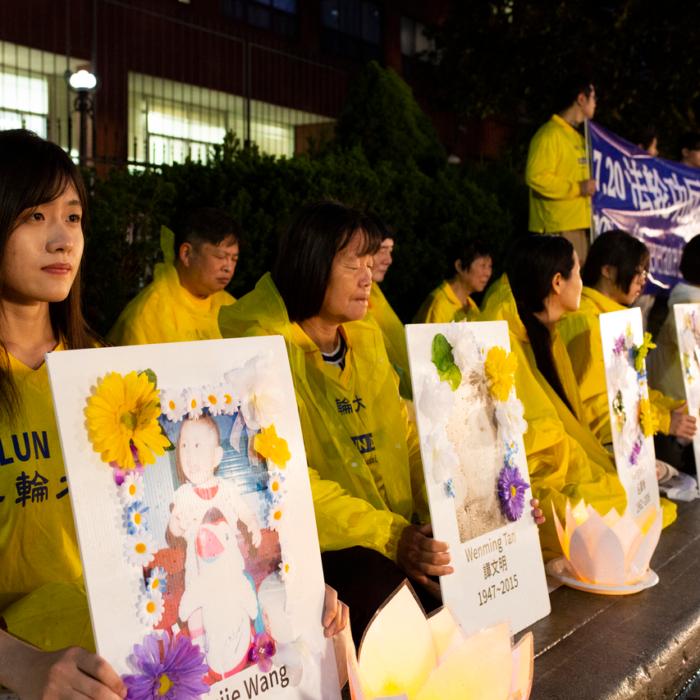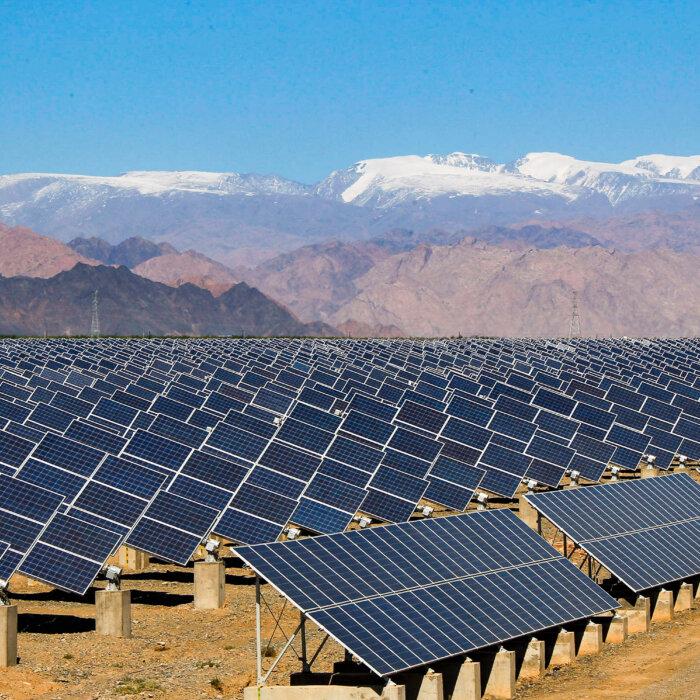Canada’s hesitance in addressing China’s forced labour practices involving minority groups has drawn criticism from a global economic justice group, which is urging Canada to align its measures with those taken by allied democracies, including a ban on imports tied to forced labour.
Claude Vaillancourt, president of the Quebec-based advocacy group Association pour la Taxation des Transactions financières et pour l’Action Citoyenne, warned MPs about Canada’s trade relationship with countries “where forced labour exists on a large scale,” specifically highlighting such practices in China.
Forced Labour in China
The Chinese Communist Party (CCP) has been utilizing forced labour going back decades, such as during the Cultural Revolution of the 1960s to 1970s when 17 million urban youth were “sent-down” to work in rural areas. This practice persists today, serving as a means of suppressing political targets, including religious and ethnic minorities such as Uyghurs, Falun Gong practitioners, and others.As part of international efforts to address Beijing’s forced labour targeting Uyghurs in China’s Xinjiang region, Canada amended the Customs Tariff Act on July 1, 2020, prohibiting the importation from all countries of goods produced, in whole or in part, by forced or compulsory labour.
However, more than a year after the establishment of laws prohibiting the import of products believed to have been manufactured by slave labour in 2020, Canada seized only one shipment of goods from China, in November 2021. Mr. Vaillancourt noted that even this shipment was eventually allowed into the country.
“Clearly Canada is lax and must urgently tighten up the criteria used to determine when an embargo is placed on goods in overly dubious conditions,” Mr. Vaillancourt said.
“Countries such as France, Germany, Norway, and the United States have developed policies along these lines. Canada could go at least that far and create its own model.”
‘Meaningful and Strong Steps’
In February 2021, MPs unanimously passed a non-binding motion declaring that the Chinese regime has been carrying out a genocide against Uyghurs and other Turkic Muslims.Mr. Vaillancourt noted that this official recognition of the CCP’s genocide of Uyghurs and various other minorities in China prompts a reevaluation of the trade relationship with China.
“We need to take meaningful and strong steps to prevent the products of forced labour from finding their way onto shelves of our shops,” he said.
He proposed several countermeasures including enacting legislation to prevent forced labour of Uyghurs, similar to existing measures in the United States, and introducing binding legislation mandating companies to exercise due diligence regarding human rights and the environment.







